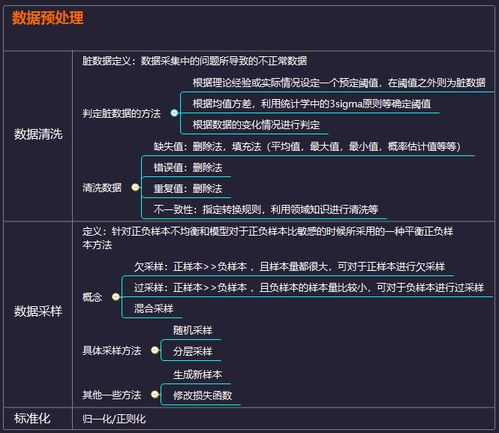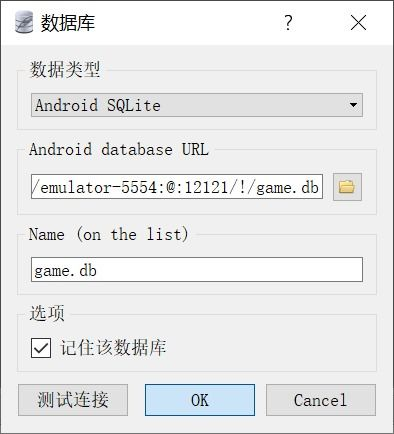Java Objects as the Core Component in Programming, Concepts and Applications
Understanding Java Objects
Java objects are the heart of Java programming, acting as instances of classes that encapsulate data and behavior. Every object is a fundamental entity that contains attributes (fields) and methods (functions) that define its characteristics and actions. Understanding the structure and behavior of these objects is crucial for any programmer looking to master Java. Objects allow for the modeling of real-world entities, making it easier to manage complexity through abstraction.
In Java, everything is an object, from the simplest data types like integers and characters to complex structures like spreadsheets and databases. When a class is defined in Java, a new data type is created that can be used to instantiate objects. This leads to an effective organization of code in a more modular way, enhancing code readability and maintainability.
Creating Java Objects
To create a Java object, one must first instantiate a class. This is accomplished using the 'new' keyword, which allocates memory for the object and initializes its state. Consider the example of a 'Car' class. An object representing a specific car can be created as follows:
```java
class Car {
String model;
int year;
void displayInfo() {
System.out.println("Model: " + model + ", Year: " + year);
}
}
Car myCar = new Car();
myCar.model = "Toyota";
myCar.year = 2023;
myCar.displayInfo();
```
In this snippet, we define a 'Car' class with attributes and a method to display its information. We then create an instance of the 'Car' object, set its attributes, and call its method. This encapsulation of state and behavior makes Java objects a powerful tool in software development.
Applications of Java Objects in Software Development
Java objects find applications across various domains, from simple applications to large-scale enterprise solutions. Some significant applications include:
- Web Development: Java objects are often utilized in web applications to manage user sessions, handle requests, and generate dynamic content.
- Game Development: Objects are used to represent different entities such as players, enemies, and levels, facilitating complex interactions and game logic.
- Data Structures: Java objects are fundamental for implementing custom data structures, making it easier to manage collections of data efficiently.
- Desktop Applications: Java Swing and JavaFX utilize objects to create graphical user interfaces, allowing for interactive applications.






